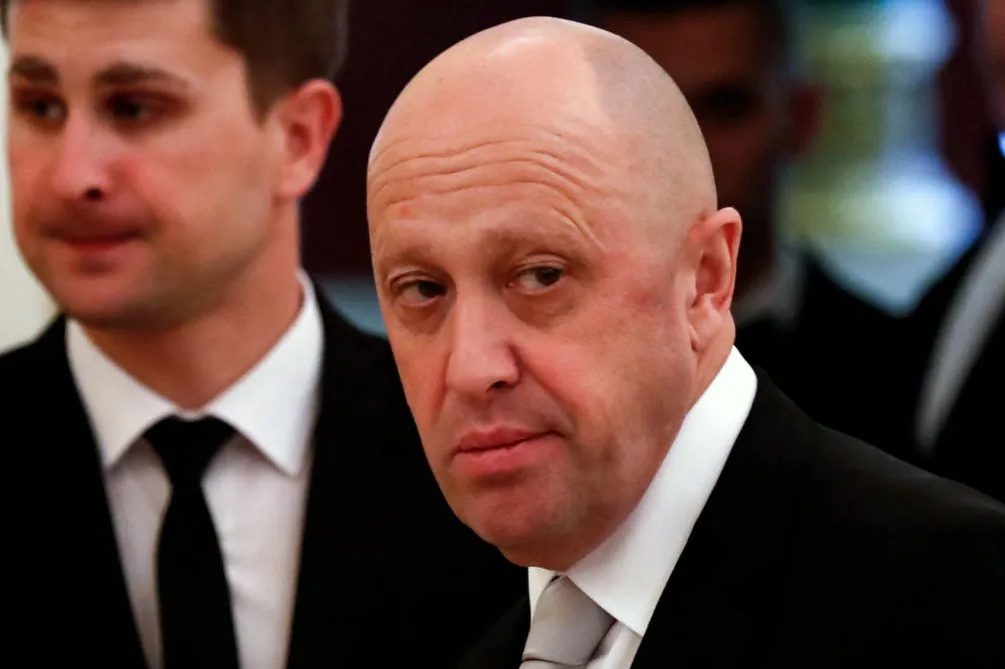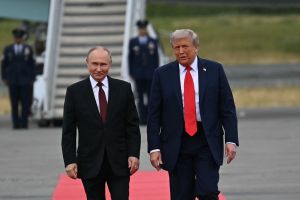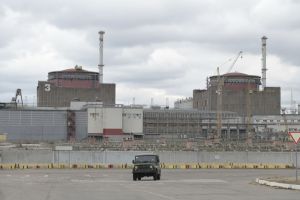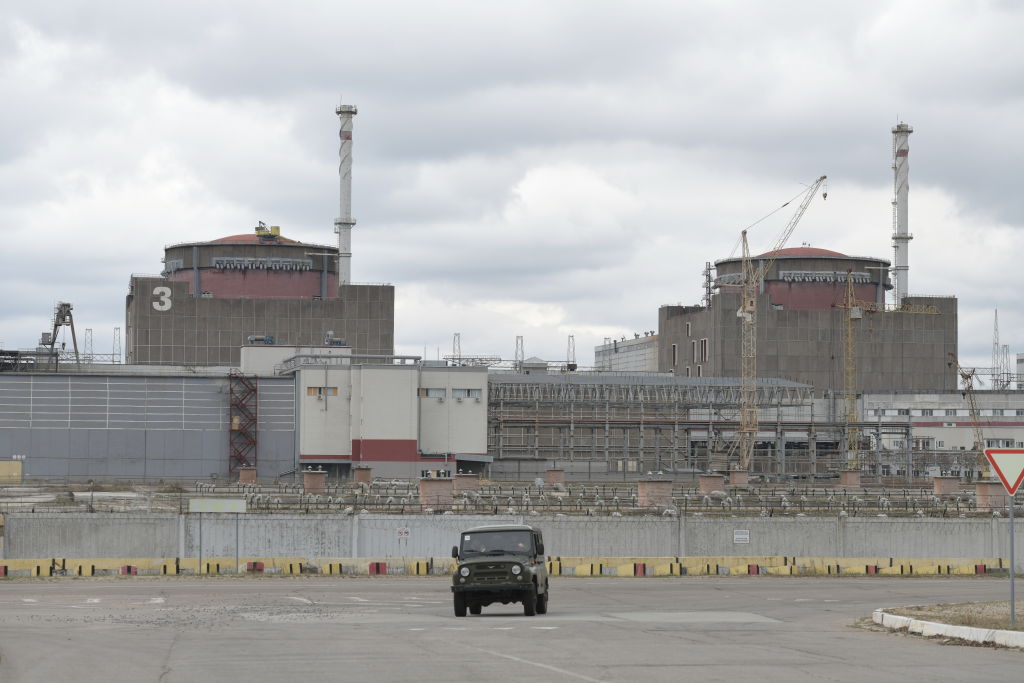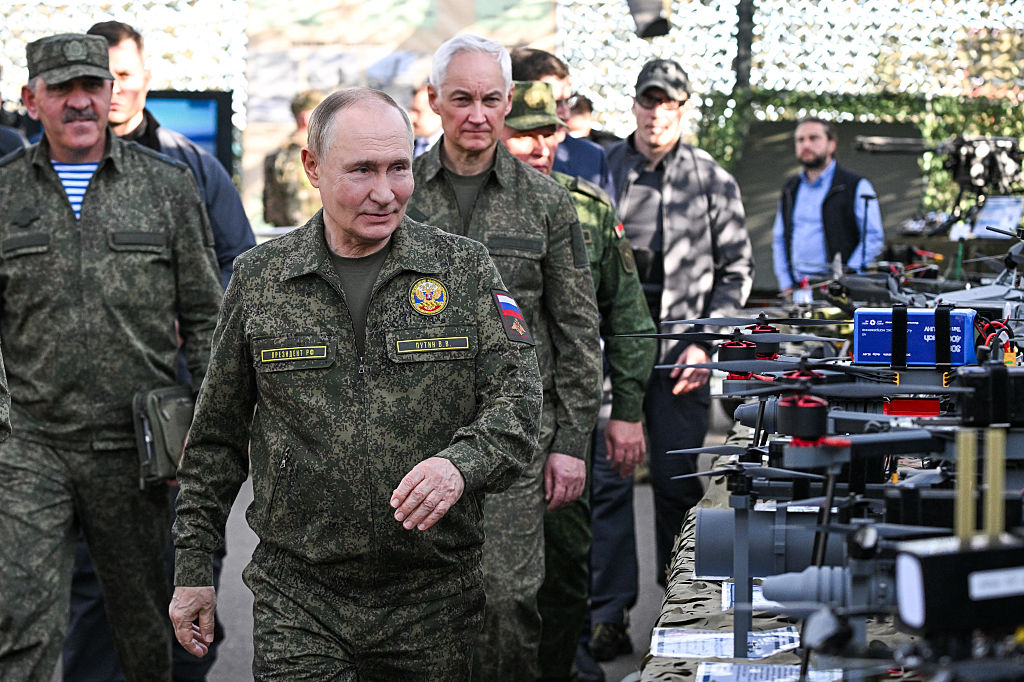Whatever happened to the Wagner Group, Evgeny Prigozhin’s shadowy army of prisoners and mercenaries? In the wake of Wagner’s abortive mutiny in June 2023 — and of Prigozhin’s own not-so-mysterious death two months later in a plane crash near Moscow — most of the Russia-based units of the group were rolled into the Kremlin’s official armed forces. In Africa, however, where Wagner built an empire not only of guns-for-hire but also of murky mining and oil concessions, Prigozhin’s former henchmen continue their bloody and lucrative business. And according to a new report by the Center for Advanced Defense Studies (C4ADS) part of that business relied on the unwitting assistance of international banks such as JP Morgan Chase and HSBC Group’s Hang Seng Bank, as well as international shipping companies such as Maersk, the Mediterranean Shipping Company (MSC), and Compagnie Maritime d’Affrètement et de la Compagnie Générale Maritime (CMA CGM).
Western sanctions have so far proved unable to stop determined would-be sanctions busters
The transactions and shipments detailed in the C4ADS report date to 2017 when Prigozhin had already been personally sanctioned by the US for a year, but his companies — including Wagner’s Sudanese mining firm, Meroe Gold — still operated legally. There is no suggestion that any of these international institutions knew that their accounts and vessels were being used by front companies owned by Wagner (JPMorgan told the Financial Times that they could not locate details matching the transactions in question, while HSBC expressed a “deep commitment” to fighting financial crime). But the picture that emerges is of an opaque and complex network of front companies and correspondent accounts that allow the group and its heirs to move money and goods around the world in defiance of sanctions — a system, says Jack Margolin, author of The Wagner Group: Inside Russia’s Mercenary Army, which is ongoing to this day.
Wagner was formed by former Russian Special Forces lieutenant-colonel Dmitry Uktin in 2014 as a private military company modeled on the US’s Blackwater and staffed largely by Russian military veterans. Wagner troops first saw combat that year in eastern Ukraine, acting as a deniable arm of the Russian state — a role they reprised in Syria in 2016, and later in Libya, Mali, the Central African Republic and Burkina Faso. Part proxy for the Kremlin, part private army, Wagner picked up part-payment for its services to unstable regimes in the form of lucrative mining concessions and other businesses.
According to Margolin, who has used open-source material such as flight and vessel tracking, customs declarations and leaked financial documents to establish a detailed picture of the group’s business activities since 2016, Wagner is “a very flexible network that comprises military-operational, political, strategic and commercial elements that all operate in parallel, oftentimes with a large amount of overlap.” As of May year, the group is believed to have around 5,000 mercenaries stationed in Africa — many of whom are former Russian soldiers and convicts. Since Prigozhin’s death some of the military elements have been rolled into a unit called the Africa Corps, controlled by the Russian state. But other parts of Wagner — notably in the CAR and Mali — continue to operate independently, according to C4ADS. Today “so many people use [Wagner] signifiers and symbols there is no very clear delineation in the network,” says Margolin. Even less clear is the separation between the remaining commercial and military components of the group. Indeed some top Wagner officers have become official government advisers to local African governments — for instance Dmitry Syty, who is an aide to the CAR’s president Faustin-Archange Touadéra.
What is clear, as far as the US government is concerned, is that the Africa Corps and Wagner Group continue to commit atrocities in Africa, including mass executions, rape and child abductions — most recently in Mali. In January 2023, the US designated Wagner as a transnational criminal organization, and the Treasury Department sanctioned a swath of connected individuals and companies. But that has not stopped some countries — including the United Arab Emirates (UAE) — from continuing to do business with them. As Margolin details in his book, the UAE “coordinated on the ground with the Wagner group in places particularly like Libya where not only were they providing the Russian-made, Emirati-owned air defense systems that Wagner helped them to operate but they also… collaborated on strikes, sharing information on specific targets.”
Over the last year Vice President Kamala Harris has led efforts to try to compel the UAE — a major US ally — to halt its support for Sudanese insurgents with arms and money, as well as to stop channelling money for sanctions-defying players. But Dubai and Abu Dhabi remain major conduits for “a lot of the world’s illicit finance” — including ongoing Wagner-related financial transactions, says Margulin. However, “there are only certain parts of this network we’re going to be able to touch in a meaningful way,” he admits. The West will “have to make some really difficult political decisions about where we want to apply pressure if we want these sanctions to have a real effect… it will mean spending political capital to pressure allies in places like the UAE and so far I haven’t seen a willingness to really go the extra mile there and to push those partners to pay their way in terms of international enforcement.”
Western sanctions have so far proved unable to stop determined would-be sanctions busters — whether it’s importers of dual-use technology to Russia or mercenaries in Africa — from continuing to use the global financial system at their convenience.
This article was originally published on The Spectator’s UK website.



